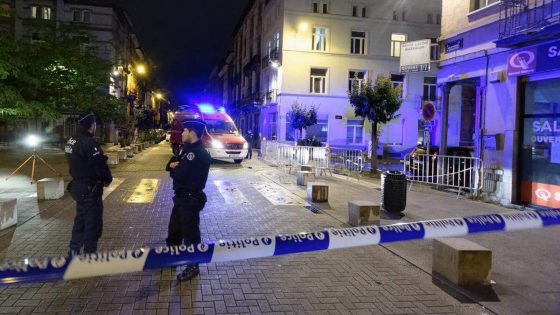The recent conviction of a former Brussels police chief has sparked debate over police conduct and criminal investigations in Belgium. On 2025-06-13 20:43:00, the correctional court in Brussels sentenced ex-head commissioner P. N. to a suspended fifteen-month prison term. The case centers on his involvement in the investigation of a 2020 machine gun murder in Vorst.
- Former chief commissioner shared suspect's photo illegally
- Police unit contacted criminals to track shooter
- Court sentenced commissioner for breaching professional secrecy
- Commissioner remains employed with limited police duties
- Victim's family awarded symbolic one-euro compensation
- Police chief awaits possible disciplinary actions
P. N. led a special police unit in Brussels South tasked with tackling urban crime. However, he crossed legal boundaries by sharing a suspect’s photo with known drug criminals via WhatsApp. This breach of professional secrecy raises important questions about law enforcement ethics and collaboration in criminal probes.
How far can police officers go in pursuing justice? And what safeguards should be in place to protect citizens’ rights? These questions underline the significance of the court’s ruling and its impact on policing standards in Belgium.
The case prompts reflection on accountability within Belgian police forces. Should officers cooperate with criminals to solve crimes, or does this compromise justice? Key points include:
- Violation of professional secrecy and data protection laws by a senior officer.
- The involvement of drug criminals in active police investigations.
- Legal repercussions for breaches of confidentiality in Belgium.
- Potential disciplinary actions pending further appeals.
As this case unfolds through possible appeals, it serves as a crucial reminder for Belgian authorities to review protocols and reinforce training on confidentiality and collaboration. Will stricter rules emerge to prevent similar incidents? The future of policing ethics in Brussels and beyond may depend on it.































